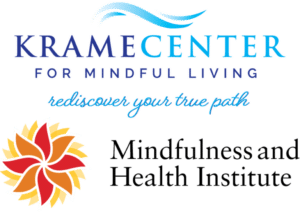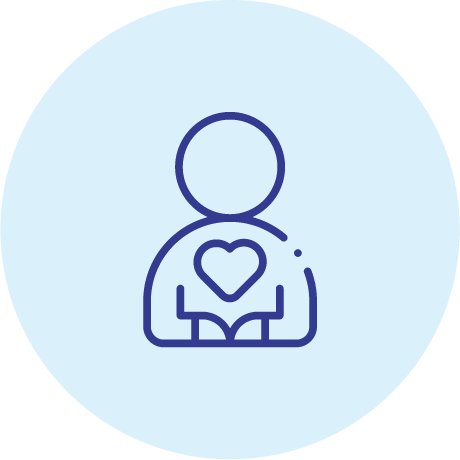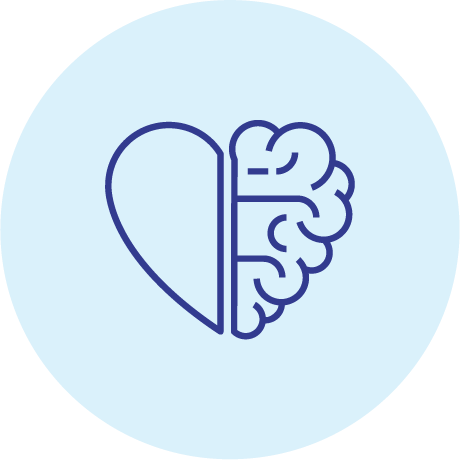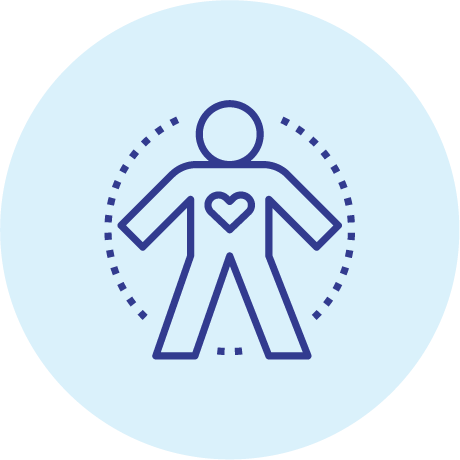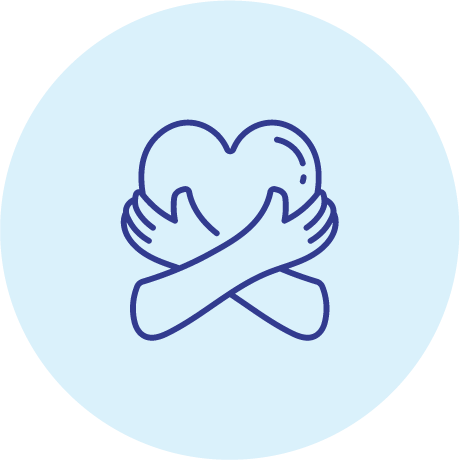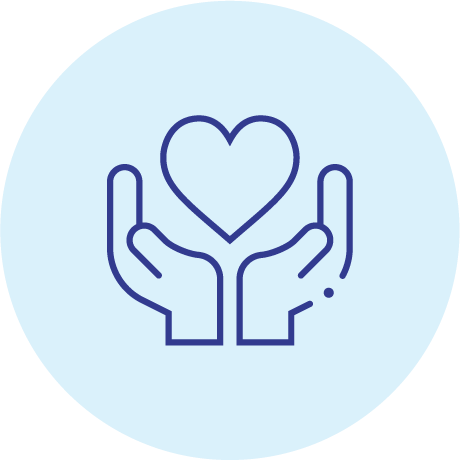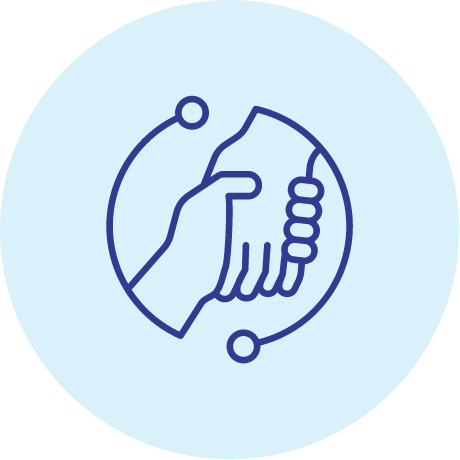8-WEEK MINDFUL SELF-COMPASSION (MSC) COURSE
Encourage & motivate yourself with kindness & compassion, rather than criticism and judgment.
Learn research-based practices and exercises, to cultivate an attitude of open awareness and kindness. Discover how practicing Mindful Self-Compassion increases resilience, improves our overall well-being, and positively impacts how we relate to ourselves and others.
“Bill and Catherine Krame have wisely chosen Mindfulness, Self-Compassion and Positive Psychology as the three pillars of their non-profit organization and they are dedicated to making the benefits available to all. Through their deep commitment and generosity, the Krame Center for Mindful Living offers essential programs designed to alleviate suffering, build resilience, and contribute to a kinder, more compassionate world.”
~Chris Germer
Clinical Psychologist, Co-Creator of the Mindful Self-Compassion Program, Author of The Mindful Path to Self-Compassion
“The Krame Center for Mindful Living serves a compelling need of our times : accessible, affordable programs in mindfulness that are presented by deeply experienced teachers, The programs are not only inspiring, they are strongly practical, so that they can actually make a difference in someone’s life.”
~Sharon Salzberg
Internationally Recognized Meditation Teacher, Lecturer, & the author of 11 books including the New York Times bestseller, Real Happiness, now in its second edition, and her seminal work, Lovingkindness
In a world where there is so much competition to succeed, we have become our own worst competitor!
We have spent our lives in comparison to those around us, criticizing and judging ourselves before anyone else even has the chance! As a result we have begun to measure our own happiness, success, and self-worth based on how others view us, and how we view ourselves compared to them! Constant self-criticism and feelings of isolation lead to higher levels of stress, the inability to process our emotions effectively, and unhealthy coping strategies.
With Mindful Self-Compassion, we can become aware of difficult emotions, recognize the common humanity in our struggles, and accept ourselves with greater kindness and compassion.
Wondering if MSC is right for you?
MSC might be just what you need if you can relate to any of these…
What are the benefits of Mindful Self-Compassion?
What are the benefits of Mindful Self-Compassion?
The benefits of Mindful Self-Compassion include, but are not limited to…
So what is MSC?
Mindful Self-Compassion (MSC) is an evidenced-based, 8-week training program based on the groundbreaking research of Dr. Kristin Neff and the clinical expertise of Dr. Christopher Germer. MSC teaches core principles and practices that enable us to respond to difficult moments in our lives with kindness, care, and understanding.
The three key components of Self-Compassion are Self-Kindness, Common Humanity, and Mindfulness. Together they comprise a state of warm-hearted, connected presence.
Self-Kindness allows us to treat ourselves as we would treat a dear friend or loved one when we experience feelings of disappointment, inadequacy, or failure. With Self-Kindness we are able to care for, and soothe ourselves in difficult moments.
Common Humanity is recognizing that our emotions and struggles are universal, and part of being human. Our shared interconnectedness enables us to realize that we are not alone.
Mindfulness increases our present-moment awareness so that we can accept each experience more objectively, and with greater clarity.
Self-Compassion is about making a “You-Turn” and befriending yourself. Learn how to treat yourself more like someone you love by cultivating a gentle curiosity about your inner experience, and motivate yourself with kindness rather than criticism. Self-Compassion allows us to admit our shortcomings, helps us to cope with difficult emotions, and forgive ourselves when needed. It helps us increase emotional strength and resilience, relate wholeheartedly to others, and be more authentically ourselves.
Research shows that Self-Compassion is associated with greater happiness and well-being, decreased anxiety and depression, healthier lifestyle habits and improved personal relationships. AND, Self-Compassion can be learned by anyone!
In the 8-Week Mindful Self-Compassion Course you will learn practices that can easily be incorporated into daily life to support greater well-being, healthier lifestyle habits, and improved personal relationships.
8-WEEK MSC COURSE WITH THE KRAME CENTER FOR MINDFUL LIVING
An easeful + supportive
course format
course format
8 Weeks of Classes
20+ hours of instruction in Mindful Self-Compassion, which includes carefully sequenced Self-Compassion exercises, guided meditations, written exercises, group discussions, and compassionate movement.
Retreat
This 4-hour Retreat is an opportunity to deepen your understanding of Mindful Self-Compassion, and practice skills learned during the course in a group setting.
Support
and Tools
and Tools
Home practice & access to meditation audio recordings.
8-WEEK MSC COURSE
Class Format & Flow
“I have learned that these mindful practices are not about ‘fixing’ myself or anyone else, but a real opportunity for self-acceptance.”
– MSC Graduate, Winter 2021
“My instructor was a skilled and talented facilitator. She created a safe space for participants to explore the self compassion practices. I felt supported and validated by her guidance and gentle manner.”
– MSC Graduate, Winter 2021
“The 8-Week course enabled me to learn and to practice strategies designed to enhance my self compassion, not just what self-compassion means.”
– MSC Graduate, Winter 2021
